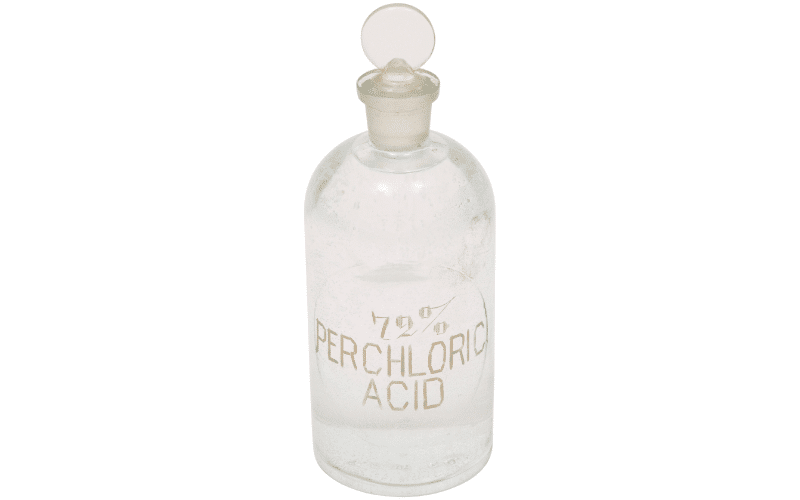6. Perchlorate Exposure: A Subtle Threat Amplified by Iodine Deficiency

Next on our list of health effects is a bit more nuanced, focusing on a chemical called perchlorate. Found in our environment, this chemical is harmful in its own right. But when coupled with iodine deficiency, its potential to cause damage significantly escalates.
Perchlorate is a common environmental pollutant found in water and certain types of food. It has a knack for inhibiting iodine uptake in our bodies, further worsening an existing iodine deficiency. But how does this translate to actual health impacts? Let’s delve into that.
Firstly, exposure to perchlorate can cause hypothyroidism, particularly in people already dealing with iodine deficiency. The thyroid gland needs iodine to produce hormones, and perchlorate can disrupt this process. This interference can lead to lower thyroid hormone production, manifesting as hypothyroidism.
Secondly, the negative impacts of perchlorate exposure are not limited to the individual alone. For pregnant women, this exposure can potentially harm the developing fetus. If the mother’s thyroid hormone levels drop, it can negatively affect the baby’s brain development, as we discussed earlier.
Perchlorate exposure also presents a heightened risk to newborns and infants. These little ones are especially vulnerable due to their smaller size and rapid development. Disruptions in their thyroid function at this tender age can have lasting impacts on their growth and development.
Finally, frequent perchlorate exposure can exacerbate goiter in iodine-deficient individuals. The struggle for iodine becomes even more challenging in the presence of perchlorate, leading to a more pronounced enlargement of the thyroid gland. (6)